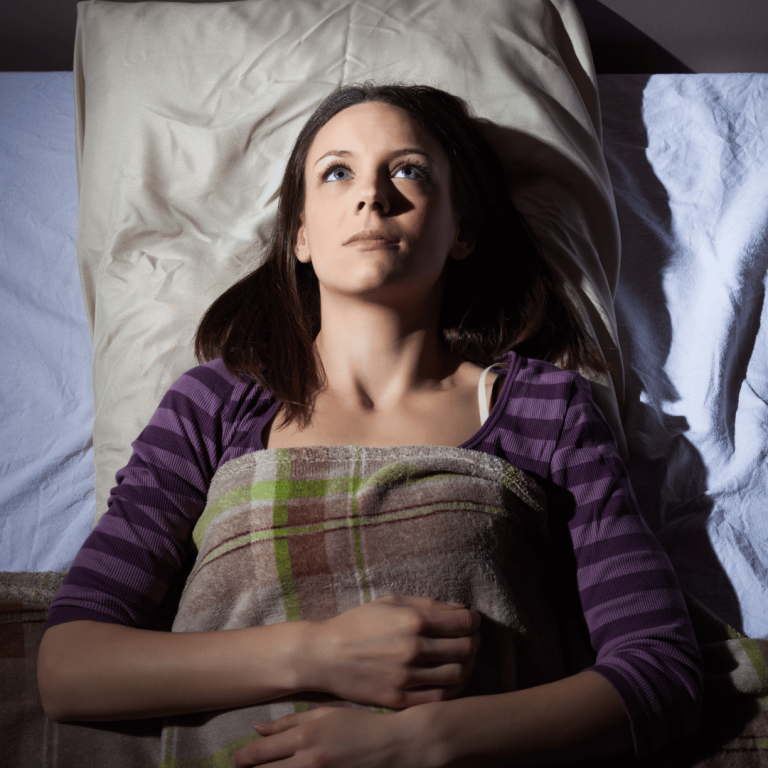
How Magnesium Can Help You Sleep?

Sleeping well is essential for your health, but many people struggle with insomnia or restless nights because of their fast-paced lives. Did you know that magnesium can remarkably help improve your sleep quality? If you’re looking for a natural way to get a good night’s sleep, understanding the connection between magnesium and better sleep might be the solution you’re seeking.
In this blog, we’ll delve into the science of how magnesium can improve your sleep quality and practical tips for incorporating it into your routine. Let’s explore how this mineral might be missing in your quest for better sleep.
The Science Behind Better Sleep and Magnesium
You might wonder how exactly magnesium affects your sleep. Well, magnesium helps regulate certain neurotransmitters in the brain, such as gamma-aminobutyric acid (GABA), which is responsible for quieting down nerve activity. Your brain and nervous system calm down when GABA levels are high, so you can relax and fall asleep easily.
Magnesium also contributes to the production of melatonin, the hormone that controls your sleep-wake cycle. Quality sleep is necessary for cognitive function, emotional health, physical recovery, and a properly functioning immune system. The higher your magnesium intake, the better your melatonin levels are going to be. Consequently, you will be able to fall asleep more easily.
How Magnesium Promotes Better Sleep
Magnesium promotes better sleep in several ways, which are as follows.
Regulating Sleep Hormones
Magnesium is essential in the production of melatonin. This hormone signals your brain that it’s time to rest. Low magnesium levels can also interfere with melatonin production, making it hard to fall asleep or maintain sleep throughout the night. An optimal amount of magnesium in the body can produce adequate melatonin and well-regulate your sleep-wake cycle.
Promoting Relaxation and Reducing Stress
Insomnia is a leading cause of stress and anxiety. Magnesium helps calm down the nervous system by modulating GABA, which promotes relaxation by reducing nerve activity. Magnesium ensures that GABA functions properly to lower stress and encourage relaxation, making sleeping easier.
Reducing Muscle Cramps and RLS
Magnesium offers relief for people who experience muscle cramps or restless legs syndrome (RLS). It aids in muscle relaxation, and its deficiency can lead to spasms, cramps, and tension, which can interfere with sleep.
Improving Sleep Quality
Not only does magnesium help you fall asleep, but it also improves the quality of sleep. Research has shown that individuals taking magnesium supplements report sleeping longer and waking up less frequently during the night. Magnesium’s ability to calm the nervous system, relax muscles, and reduce stress contributes to a more restful and uninterrupted night’s sleep.
The Effects of Magnesium Deficiency on Sleep
If your magnesium levels are low, it could be contributing to sleep difficulties. Studies show that people with low magnesium levels often have higher levels of stress and anxiety, which can also make it harder to sleep. A deficiency in magnesium has been linked to insomnia, restless leg syndrome, frequent nighttime awakenings, and other health concerns.
Sleep Well With Oriel Magnesium
If you are facing sleep issues, including magnesium in your routine is the perfect solution to it. Oriel Magnesium For Sleep helps you relax and sleep peacefully through the night so you can wake up feeling fresh in the morning.
The liquid drops can be mixed in water for easy consumption anywhere. This form of magnesium is highly bioavailable and shows great results shortly after consistent use. So order your bottle now and rediscover the joy of a good night’s sleep.
Frequently Asked Questions
What is the best time to take magnesium?
Taking magnesium in the evening, about 30-60 minutes before bed, is often recommended for its calming and relaxing effects that promote better sleep.
Does magnesium make you drowsy during the day?
Magnesium doesn’t typically cause daytime drowsiness, as it primarily calms the nervous system and promotes relaxation before bed.
Can magnesium help reduce nighttime anxiety?
Yes, magnesium can help alleviate anxiety and promote relaxation before sleep by regulating neurotransmitters and reducing stress hormones.



